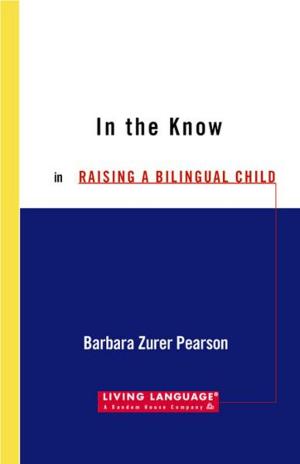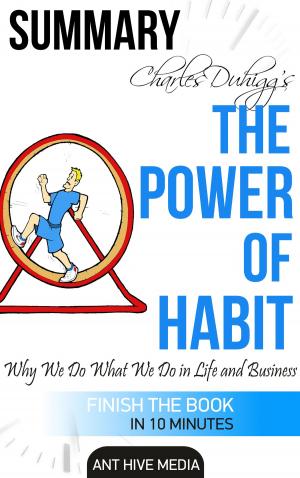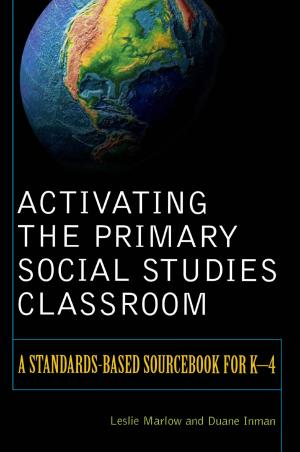| Author: | Norel Spence | ISBN: | 9781370275519 |
| Publisher: | Norel Spence | Publication: | May 16, 2013 |
| Imprint: | Smashwords Edition | Language: | English |
| Author: | Norel Spence |
| ISBN: | 9781370275519 |
| Publisher: | Norel Spence |
| Publication: | May 16, 2013 |
| Imprint: | Smashwords Edition |
| Language: | English |
Little is understood of the early history of Barbados: it was occupied by Arawak Indians from South America as early as 1600BC before they were wiped out by cannibalistic Carib Indians around 1200AD. This warfaring tribe was then decimated with the arrival of the Spanish in the 1400s. While the Spanish, and later the Portuguese, christened the tropical isle Los Barbodoes (the bearded ones, after the island's fig trees), it was the British who claimed the tropical isle in 1625.
By 1663, Barbados was proclaimed a British nest. Slaves were brought to the tropical isle from Africa to work on the sugar plantations, which rapidly underpinned the whole entire nation's economic climate. Barbados prevailed over the sector until 1720.
Slavery was then abolished in 1834 however many freed Bajans returned to work as paid laborers for the former employers. Throughout the very early 1900s, the establishment of trade unions created to provide workers more rights. The Great Depression of the 1930s caused shooting up unemployment, riots and British financial aid.
Progressively, Bajans began to require their own political rights, leading to the election of Errol Walton Barrow as the tropical isle's first Prime Minister in 1962 who led Barbados to independence 4 years later.
Over the last 50 years, successive governments have actually tried to assist transform the economic situation and thrust development. The country's sugar business has actually decreased and the focus on agriculture has actually receded and travel drives the economic situation which has dipped as a result of the recession in 2009/10. In addition, overseas financial and services has expanded.
In the latest election in 2008, David Thompson of the Democratic Labor Party (DLP) assumed workplace as Prime Minister from the Barbados Labor Party who had been in power for 14 years. Thompson has pledged to focus on domestic concerns, particularly the expense of living, healthcare, and criminal offense.
Barbados society
Religion:
Over 100 religious groups practice island-wide, from the Anglican bulk to smaller sized Roman Catholic, Jewish, Hindu, Baptists, Pentecostals, Seventh Day Adventists, Jehovah's Witnesses, Mormons, The Salvation Army, Muslim and Quaker faiths.
Social conventions:
Numerous British societal perspectives penetrate bureaucratic red tape and architecture, yet when it comes to time-keeping, humor and urgency the laid-back Barbados manner reigns supreme. Barefoot laid-back clothes is de rigor apart from when dressing up-to-the nines for dinner - or church. As a previous slave nest, personal freedom is extremely valued.
Little is understood of the early history of Barbados: it was occupied by Arawak Indians from South America as early as 1600BC before they were wiped out by cannibalistic Carib Indians around 1200AD. This warfaring tribe was then decimated with the arrival of the Spanish in the 1400s. While the Spanish, and later the Portuguese, christened the tropical isle Los Barbodoes (the bearded ones, after the island's fig trees), it was the British who claimed the tropical isle in 1625.
By 1663, Barbados was proclaimed a British nest. Slaves were brought to the tropical isle from Africa to work on the sugar plantations, which rapidly underpinned the whole entire nation's economic climate. Barbados prevailed over the sector until 1720.
Slavery was then abolished in 1834 however many freed Bajans returned to work as paid laborers for the former employers. Throughout the very early 1900s, the establishment of trade unions created to provide workers more rights. The Great Depression of the 1930s caused shooting up unemployment, riots and British financial aid.
Progressively, Bajans began to require their own political rights, leading to the election of Errol Walton Barrow as the tropical isle's first Prime Minister in 1962 who led Barbados to independence 4 years later.
Over the last 50 years, successive governments have actually tried to assist transform the economic situation and thrust development. The country's sugar business has actually decreased and the focus on agriculture has actually receded and travel drives the economic situation which has dipped as a result of the recession in 2009/10. In addition, overseas financial and services has expanded.
In the latest election in 2008, David Thompson of the Democratic Labor Party (DLP) assumed workplace as Prime Minister from the Barbados Labor Party who had been in power for 14 years. Thompson has pledged to focus on domestic concerns, particularly the expense of living, healthcare, and criminal offense.
Barbados society
Religion:
Over 100 religious groups practice island-wide, from the Anglican bulk to smaller sized Roman Catholic, Jewish, Hindu, Baptists, Pentecostals, Seventh Day Adventists, Jehovah's Witnesses, Mormons, The Salvation Army, Muslim and Quaker faiths.
Social conventions:
Numerous British societal perspectives penetrate bureaucratic red tape and architecture, yet when it comes to time-keeping, humor and urgency the laid-back Barbados manner reigns supreme. Barefoot laid-back clothes is de rigor apart from when dressing up-to-the nines for dinner - or church. As a previous slave nest, personal freedom is extremely valued.















